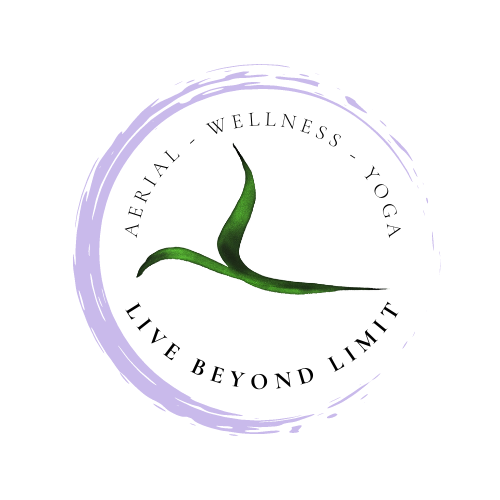If you've been following along, you know that yoga is more than just asanas (postures) and meditation practices. The practice of yoga is to "yoke" the mind, body, and spirit to help us be fully connected with ourselves on every level of our existence. The first limb of a yoga practice is called the yamas, which are the social observances we can practice to help bring ourselves to a more aware, balances, and whole state of being.
The final practice in the yamas is Aparigraha, the practice of non-possession or attachment in the material, physical, emotional, and spiritual world. There are many discussions on how to interpret or practice aparigraha including those who renounce all material and social ties to those who possess plenty material items and relationships but do not define themselves by said connections. The key to understanding aparigraha is to look at how you feel if all of your connections and belongings were to disappear. Would you remain yourself? Would you feel lost or destroyed? Would you feel free?
Practicing aparigraha would leave you remaining whole, yourself, content at the root of it all as having people, things, and beliefs are all added blissful enjoyments and experiences. Even if they last for a lifetime, we are not truly defined by these connections and enjoyments. We are only defined by ourselves, our connection to our inner world, and to whatever our truth may be at any given moment and set of circumstances. Even with that, we are consistently changing with the food we eat, the air we breathe, the ideas and experiences we have, and the overall disposition we take.
In the tantric philosophy life is to be experienced, lived, and enjoyed with a sense of peace and continual bliss or ecstasy, which equates to being content amongst all of life's changes. It is my belief and understanding that we must learn to thoroughly enjoy and appreciate what is in the moment, instead of our ideas of what may be. These ideas of what may or should be are attachment. These judgments or expectations are ones that can detract from our joy and conscious experience.
Living an unattached life allows you to remain whole within yourself without losing yourself in any person, place, thing, idea, or belief. It helps you feel free, unhindered, and purely yourself in the most non-dual way we can experience ourselves.
Ask yourself the following questions:
How do you truly define yourself? Is this mutable? Is this a rigid idea?
What attachments do you have?
Do you spend most of your time focusing on the past, the present, or the future?
What things do you consider “yours” and are they truly yours?
How do you view nature and her resources?
Are you attached to a particular experience or idea of what your spiritual path may look like?
Do you donate, give away, pay-it forward, or volunteer your time, belongings, energy, money?
What emotions continually surround you? Do these move or are they steady in your life?
The art of un-attachment is not an easy practice, but vital for a sense of self, wholeness, and personal happiness.
As Buddha puts it "You only lose what you cling to." If we don't cling, and merely begin to appreciate the experiences and people in our lives past, present, and future we can remain whole and undefined by external circumstances.
It's my hope that this article can help you become a little less attached, a little more aware, and a lot more at peace. We are in an ever changing wonderful existence. Allow your intentions and surroundings to guide you, not define you. Appreciate what is, what was, and what may come in the moments they occur. Allow yourself to be yourself, a beautiful imprint on the energetic puzzle we call life.
Missed the other Yamas? Check them out here:
Have questions or need support? Contact us.



